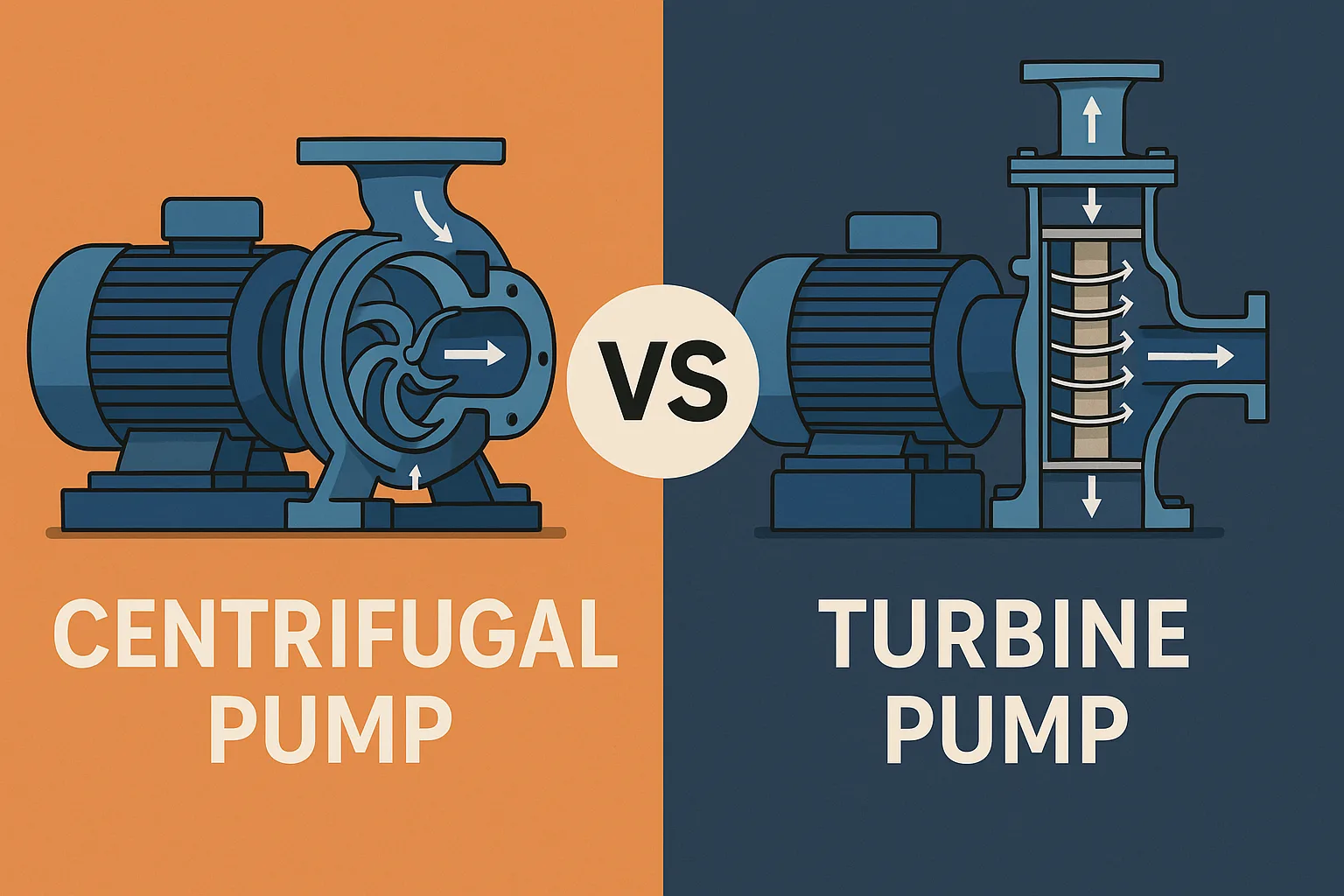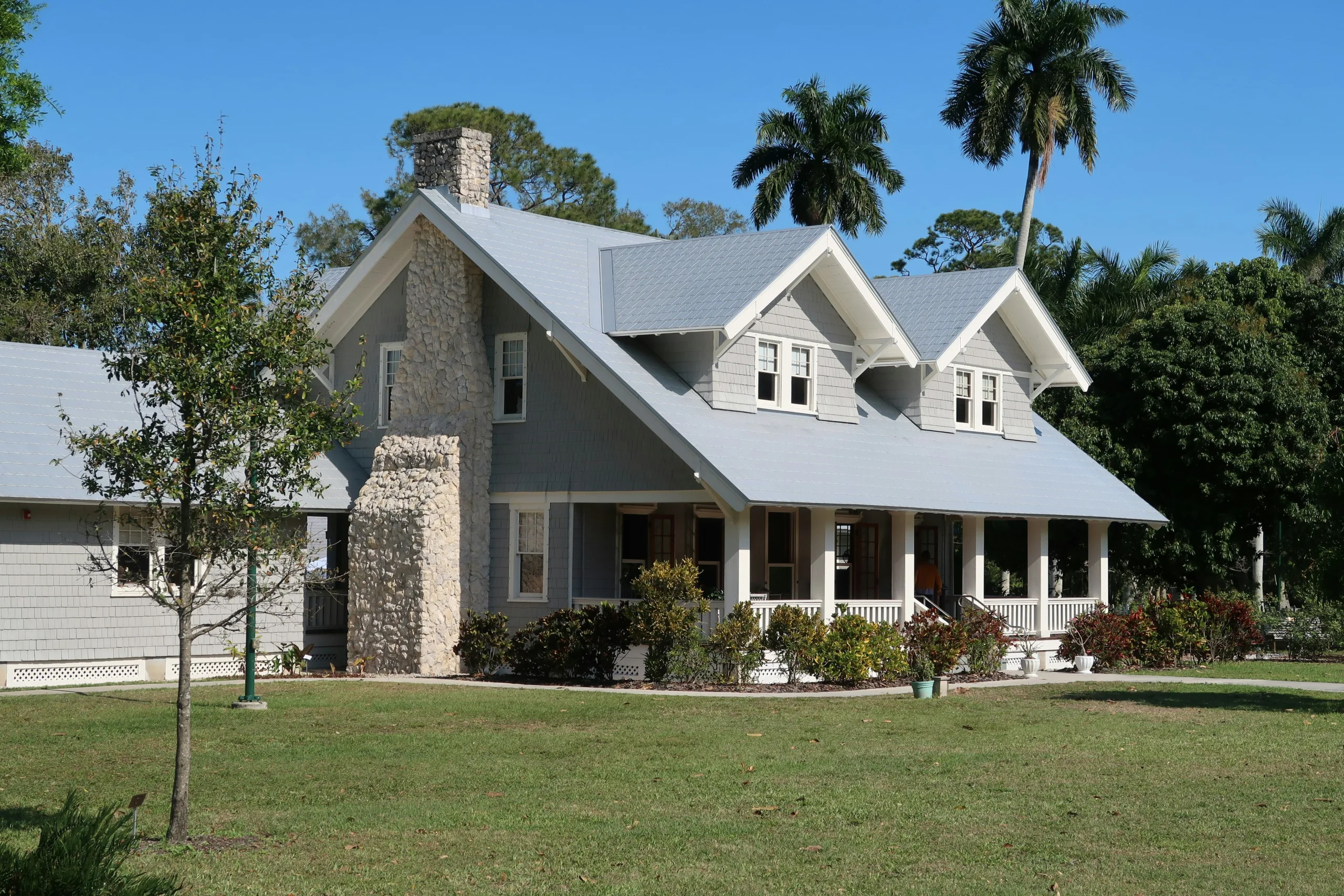Heat Pump Hot Water Systems: A Comprehensive Overview
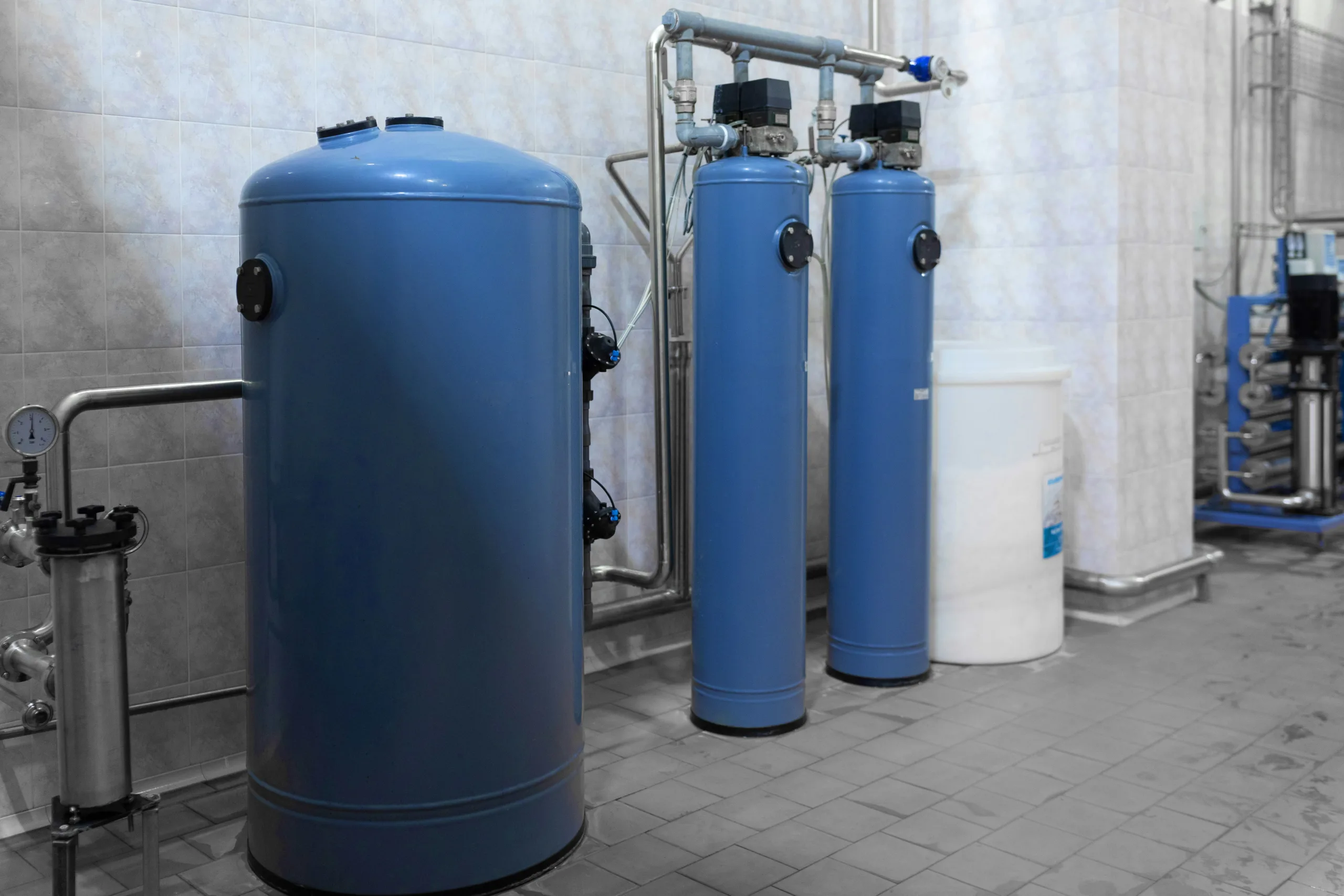
In today’s quest for energy efficiency and environmental sustainability, hot water heat pump systems stand out as a game-changing solution. These innovative systems not only reduce energy consumption but also provide significant cost savings and lower environmental impact. They are increasingly becoming a preferred choice for homeowners, businesses, and eco-conscious individuals alike.
This comprehensive guide will explore what heat pump hot water systems are, how they work, the role of pressure pumps, and how to select the best system for your needs. Whether you’re new to the concept or considering an upgrade, this article will equip you with all the necessary information.
Understanding Heat Pump Hot Water Systems
What is a heat pump hot water system? The aggregates use a refrigeration cycle to extract heat from the surrounding air. This heat is then transferred to water stored in an insulated tank. Unlike traditional electric or gas water heaters, which generate heat directly, heat pumps work by moving existing heat, making them highly efficient.
Think of a heat pump hot water system as a reverse-cycle air conditioner. Instead of heating air, it heats water. By leveraging ambient air temperature, these systems can use up to 60-75% less electricity compared to conventional electric hot water systems. This not only saves energy but also reduces operational costs significantly over time.
How Does It Differ from Traditional Water Heaters?
Understanding how heat pumps compare to traditional water heaters is essential for making an informed decision. Here are some key differences:
- Energy Efficiency
Heat pumps use ambient air as a heat source, consuming significantly less energy than electric or gas heaters.
- Environmental Impact
Unlike gas heaters, they produce no direct greenhouse gas emissions during operation.
- Cost Savings
Lower electricity usage translates to reduced utility bills over time, providing a return on investment.
These distinctions make heat pump systems an attractive option for homeowners and businesses seeking sustainable solutions.
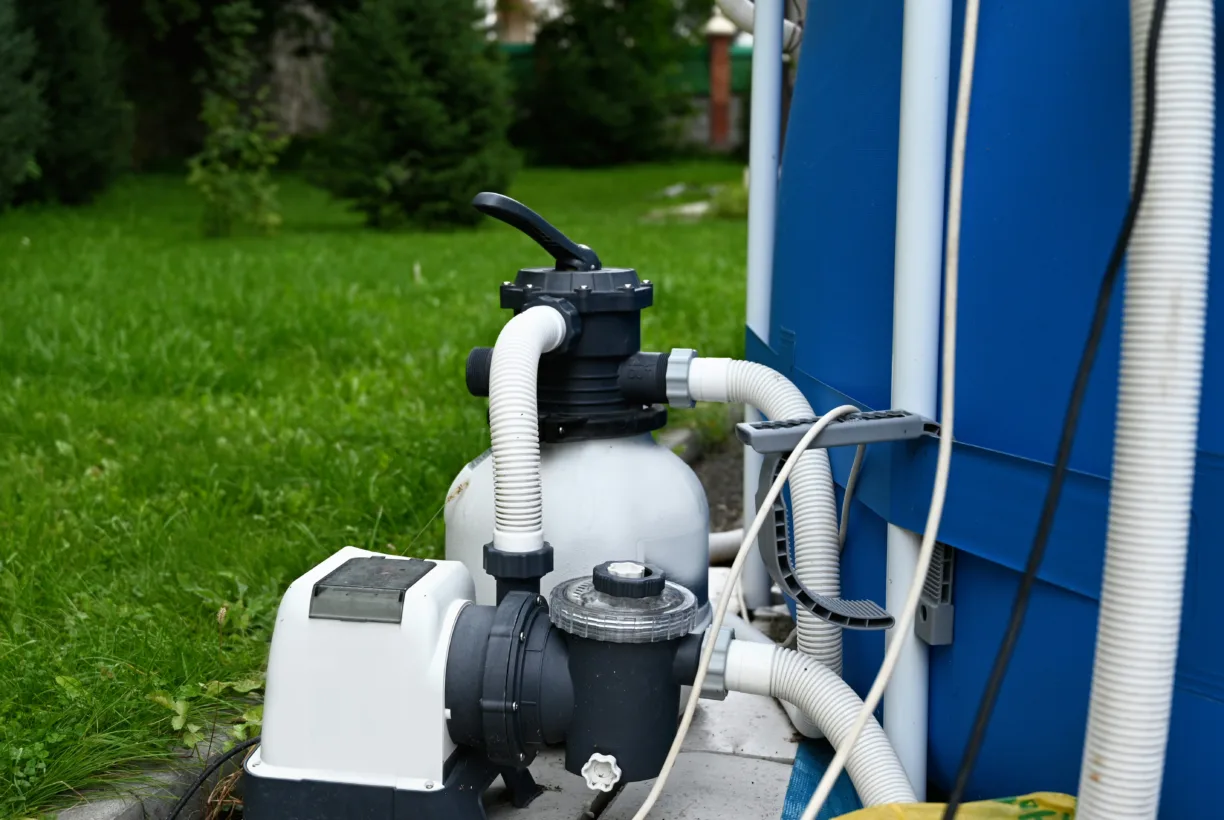
Why Choose a Heat Pump Hot Water System?
The benefits of heat pump hot water systems are substantial and multifaceted. They cater to a wide range of needs, from reducing energy consumption to contributing to environmental conservation. Here are some of the key advantages:
- Energy Efficiency and Cost Savings
Heat pump systems consume less electricity, leading to substantial savings on energy bills. They are particularly effective in warmer climates where ambient air temperature is higher.
- Environmental Benefits
By reducing electricity usage, heat pump systems help lower your carbon footprint. They align with global efforts to transition to renewable energy, making them a greener alternative to traditional systems.
- Longevity and Reliability
Designed to last, these systems typically offer longer lifespans than traditional water heaters, making them a wise long-term investment.
Real-World Benefits
For example, homeowners who switch from conventional electric water heaters to heat pump systems often report up to a 75% reduction in energy usage. Over a decade, this can equate to thousands of dollars in savings. Businesses also benefit by reducing overhead costs while enhancing their sustainability profiles.
What to Look for in a Heat Pump Hot Water System
Selecting the right heat pump system can be challenging, but focusing on the following factors can help:
- Capacity
Choose a tank size that suits your household’s hot water needs. A well-sized system ensures consistent performance and prevents running out of hot water.
- Efficiency Rating
Look for systems tested under the Small-scale Technology Certificate (STC) or Victorian Energy Upgrades scheme to confirm high efficiency. These certifications indicate reliable energy performance.
- Noise Levels
Since these systems use a fan and compressor, ensure the noise level is manageable. This is especially important for residential installations near bedrooms or neighboring properties.
- Operating Conditions:
Some systems operate more efficiently in warmer climates. Discuss performance with your supplier if you live in a colder region, as additional features like electric boost elements may be necessary.
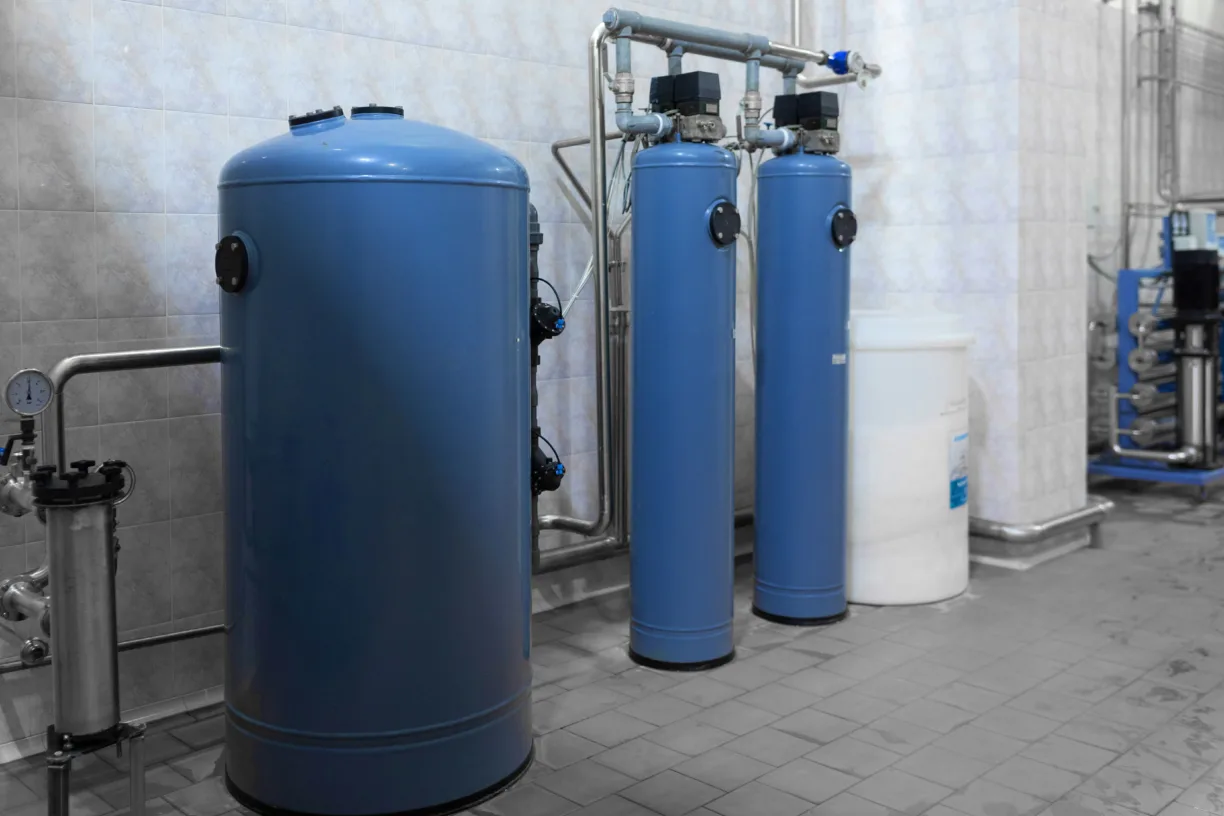
Top Recommendations
Choosing the best heat pump hot water system can feel overwhelming, but here are some highly rated options from Streamline:
- RHC2060 Hot Water Circulator Pump – This model delivers a flow rate of 60 L/min with a head height of 6 meters, making it an excellent choice for medium-sized households. It is known for its reliability, energy efficiency, and durability.
- RHC3280 Hot Water Circulator Pump – With an impressive flow rate of 166 L/min and a head height of 8.2 meters, this model is ideal for larger homes or small businesses that require high-volume hot water delivery. Its robust performance and advanced features make it a top-tier choice.
Each of these options provides unique benefits, ensuring you can find the right fit for your specific needs. Streamline’s products are designed to offer unparalleled efficiency and reliability, backed by excellent customer support.
Common Questions About Heat Pump Hot Water Systems
Understanding common concerns can help demystify heat pump systems. Here are answers to some frequently asked questions:
How much maintenance do these systems require?
Routine maintenance is minimal, typically involving periodic cleaning of the fan and compressor. This ensures optimal performance over time.
Are they noisy?
While heat pumps do make some noise, modern systems are designed to operate quietly. Ensure installation is away from bedrooms or neighbors’ windows to minimize disruptions.
What are the installation costs?
Installation costs can vary but are often offset by government rebates and long-term energy savings. Consult a professional to get an accurate estimate based on your property.
Can they work in colder climates?
Yes, though performance may decrease slightly. Many systems include electric boost elements to maintain efficiency during colder periods. Discuss these options with your supplier.
How do I size a system for my household?
The system should be sized based on your daily water usage. Larger households may require bigger tanks or systems with faster recovery rates.
These answers should help clarify whether a heat pump hot water system is the right choice for your property.
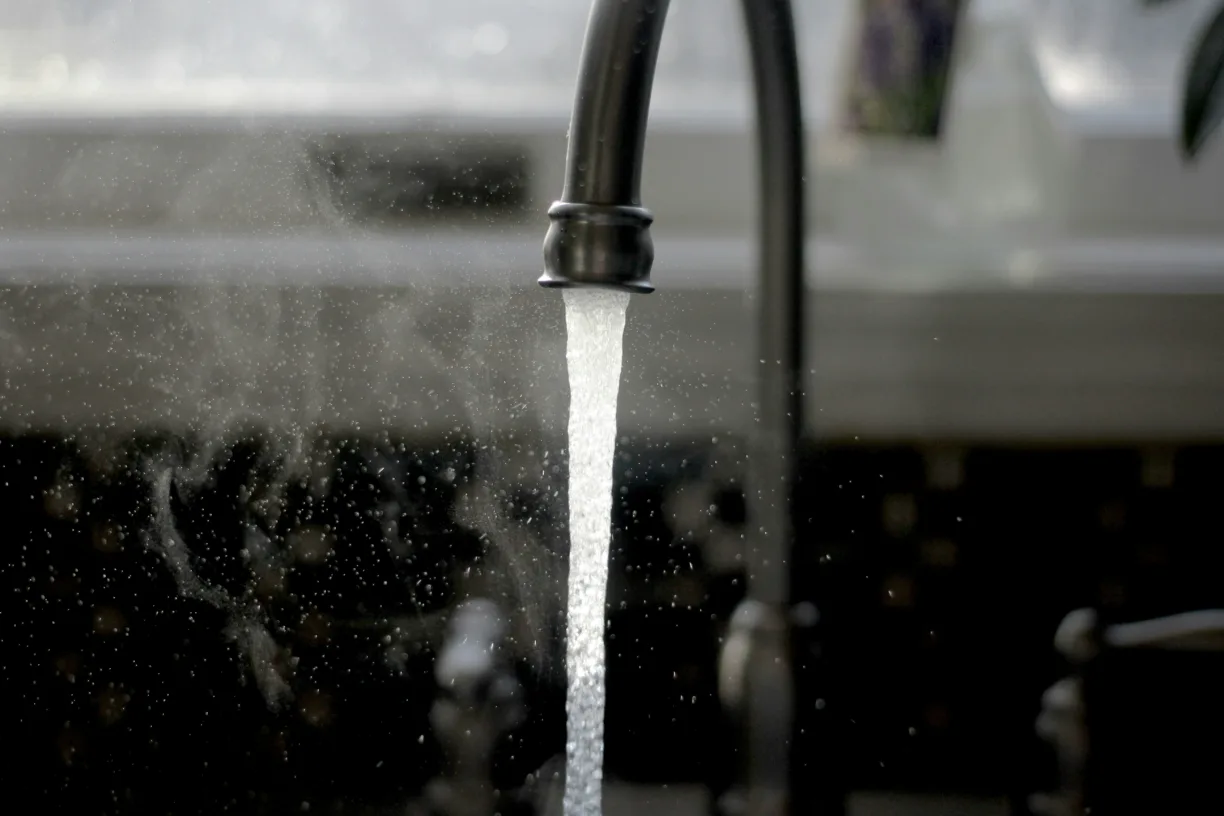
Conclusion
Heat pump hot water systems offer an energy-efficient, cost-effective, and environmentally friendly solution for water heating. Whether you’re a homeowner, a small business owner, or an eco-conscious consumer, investing in a heat pump water heater can deliver significant benefits in energy savings and sustainability.
Ready to explore your options? Contact Streamline Pump Solutions today to find the perfect heat pump hot water system for your needs. Our team of experts is here to guide you through the process. Don’t wait—take the first step toward a more sustainable future now.
Articles you may be interested in
